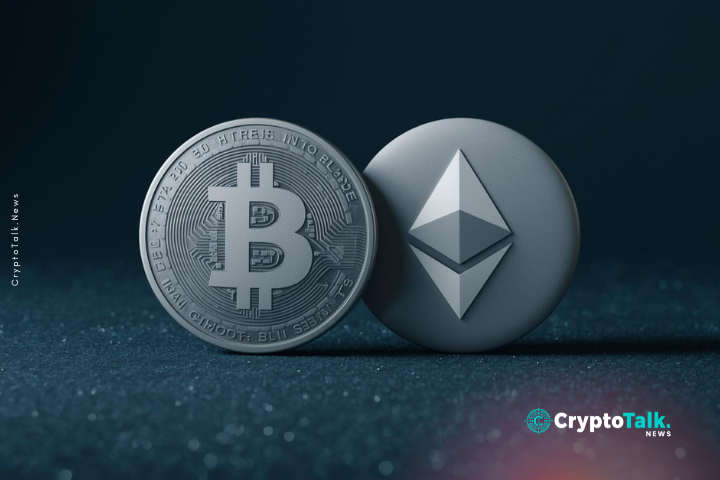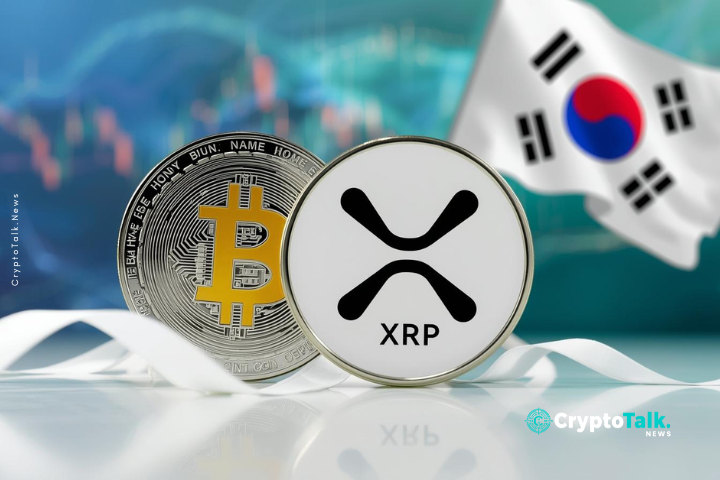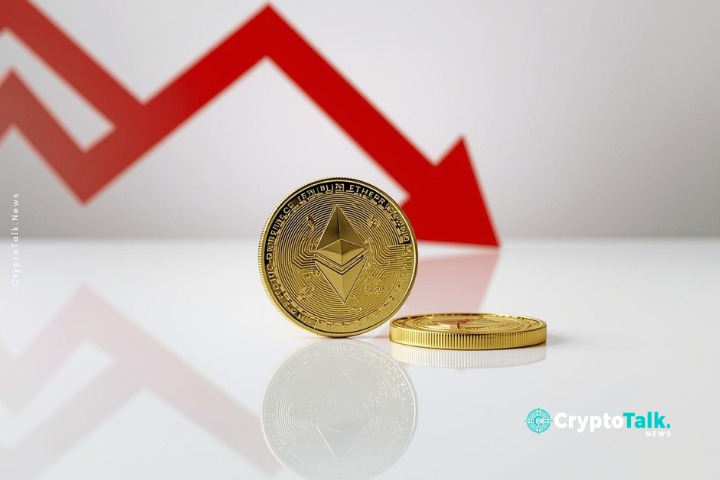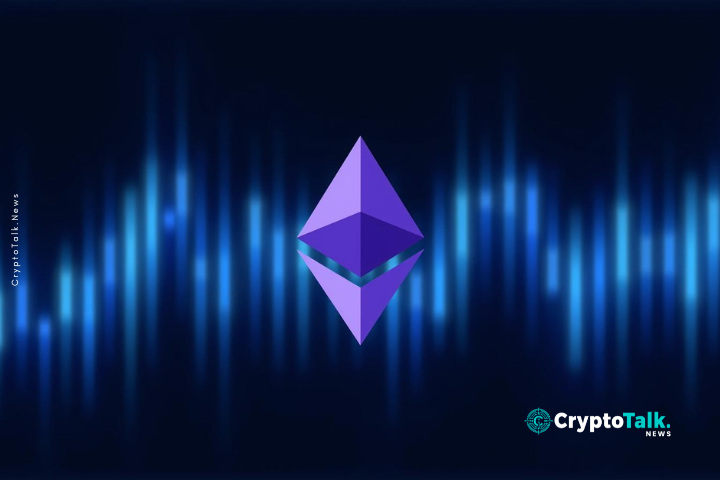Revolut has officially integrated Polygon into its platform, marking a significant step in its push to expand blockchain-based financial services. The integration brings zero-fee remittances, staking for Polygon’s native POL token, and support for crypto-funded card payments directly within the app. With over 20 million users globally, Revolut aims to provide faster, more cost-effective alternatives to traditional cross-border transfers while increasing access to blockchain investment and payment options.
Polygon, known for its low-cost and high-speed transactions, serves as a scalable layer for Ethereum, enabling Revolut to offer users a smoother, more efficient experience. Zero-fee remittances routed through Polygon’s network have the potential to dramatically reduce the costs associated with international money transfers, especially in regions where traditional banking fees are high. Fast settlement times also promise more consistent and reliable delivery, which could reshape expectations for global payment flows.
In addition to remittances, Revolut now offers POL staking, allowing users to earn rewards by participating in the network’s operations without managing complex infrastructure themselves. Staking provides a practical entry point into blockchain networks while maintaining exposure to the inherent volatility of digital assets. Revolut’s approach simplifies the user experience, combining investment and utility features in a single app.
The integration also extends to card payments, enabling users to fund transactions with cryptocurrency balances. Collaborating with Mastercard, Revolut bridges traditional payment rails and blockchain-based systems, allowing crypto to function in everyday spending scenarios. This development reflects a broader trend among fintech firms seeking to embed digital assets seamlessly into consumer financial habits.
From a market perspective, Revolut’s adoption of Polygon highlights ongoing efforts across the financial sector to leverage blockchain for reduced transaction costs, increased speed, and broader accessibility. While regulatory frameworks differ by region, Revolut’s expansion demonstrates a careful approach to compliance, particularly concerning staking and crypto-based payments. European regulators, for example, are tightening rules on digital assets, making platform adaptability essential.
Overall, the integration signals Revolut’s commitment to positioning itself at the intersection of traditional finance and the digital asset ecosystem. By offering zero-fee remittances, staking opportunities, and crypto-funded payments, the company not only broadens its service offering but also provides a testing ground for blockchain’s real-world applications. As adoption grows, these innovations could influence how global remittances and digital payments evolve, shaping the future of accessible, low-cost financial services.
Author
-

Lena Hartman is a London-based crypto journalist and blockchain researcher with over 7 years of experience covering the global cryptocurrency markets. She earned her Master’s degree in Economics and Blockchain Technology from University College London (UCL) and has become a trusted voice in the world of digital finance. At CryptoTalk.news, Lena writes expert-level content on DeFi, NFTs, crypto regulations, exchange trends, and tokenomics. Known for her deep-dive analysis and sharp editorial insights, she helps readers understand both the technical and financial sides of the crypto space. Her work has also been featured in Euro News 24, Wall Street Storys, Daljoog News, and Wealth Magazine, where she covers everything from macroeconomic impacts on Bitcoin to emerging altcoin ecosystems. Lena is an advocate for financial literacy, a speaker at blockchain meetups, and a contributor to various open-source crypto education projects.
View all posts

























